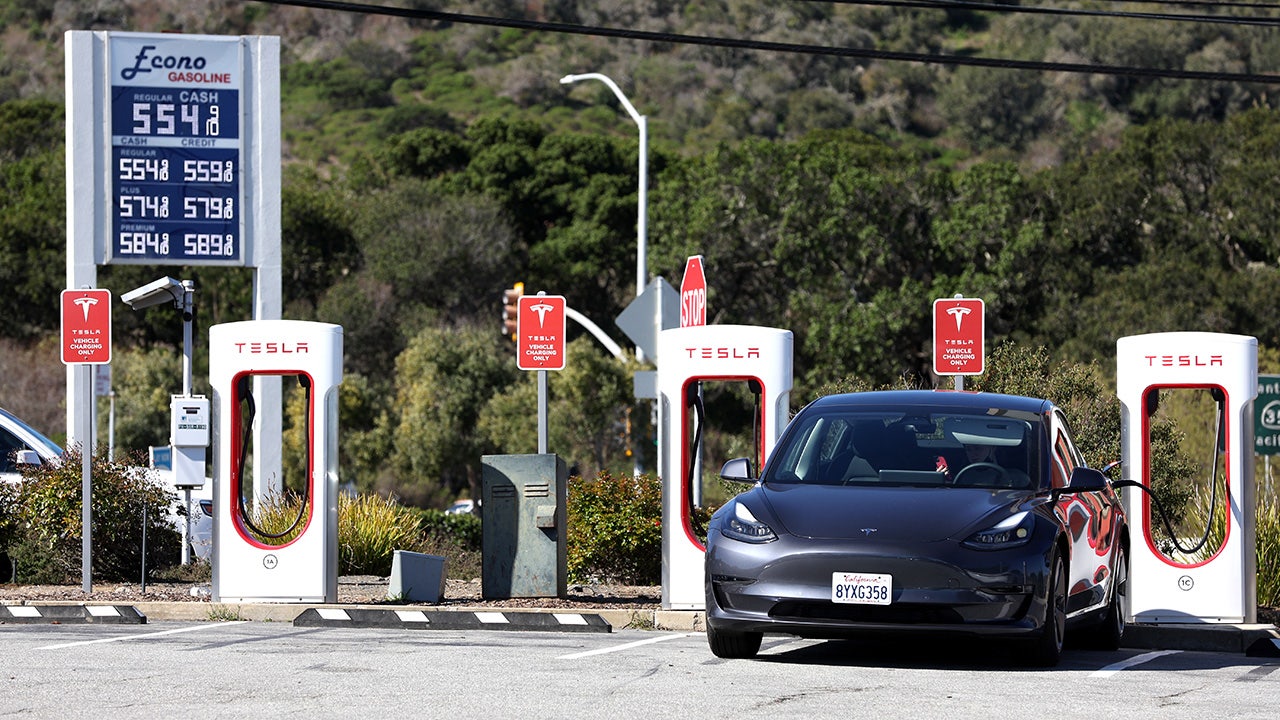glhs837
Power with Control

Journalists Tow Camper Behind Electric Truck, End in Stunning Failure When They Only Make it 85 Miles
Editor’s Note: Our readers responded strongly to this story when it originally ran; we’re reposting it here in case youijr.com
Shocker, when you chose an inadequate tool for the job, its going to end in failure. The Lightning was the wrong tool for three reasons
1. Don't bring an electric truck to a towing battle who's range starts with anything less than three. Just asking for it.
2 Dont buy EVs who's design is a ICE vehicle conversion. If the platform was designed from the ground up as an EV, its going to suffer massive inefficiency. This is why every ICE maker who thought they could just slap some batteries and a motor into an ICE body has now decided to build from the ground up.
3. Dont buy EVs tied to shitty charging networks.
4. When a maker rushes a design to get first mover advantage, someones going to pay a price for that speed.
Last point. These guys are dicks, as shown by the fact that rather than be good citizens and unhook the trailer to charge, they blocked off a lot of chargers to make a point.
We'll see how the newer gen EV trucks fare, the Silverado and the 2025 Lightning, both of which will be clean sheet designs. That should make them more efficient, but theres only so much you can do to a vehicle that size, so I suspect there will be massive costly battery packs and a low eMPG.
This is the reason for the Cybertruck odd design. You cant really get the weight/strength needed for efficiency without the exoskeleton and the gigacastings and structural battery pack. Like farm equipment, the design requirements form the design.




